The tropical island of Bali is drowning in a sea of plastic rubbish and no one is doing a dammed thing about it!
It's not a statement that's going to win me any friends, but it had to be said. And I, for one, feel better for saying it. The more people that know, the better. Somone much smarter than me just might have a solution.
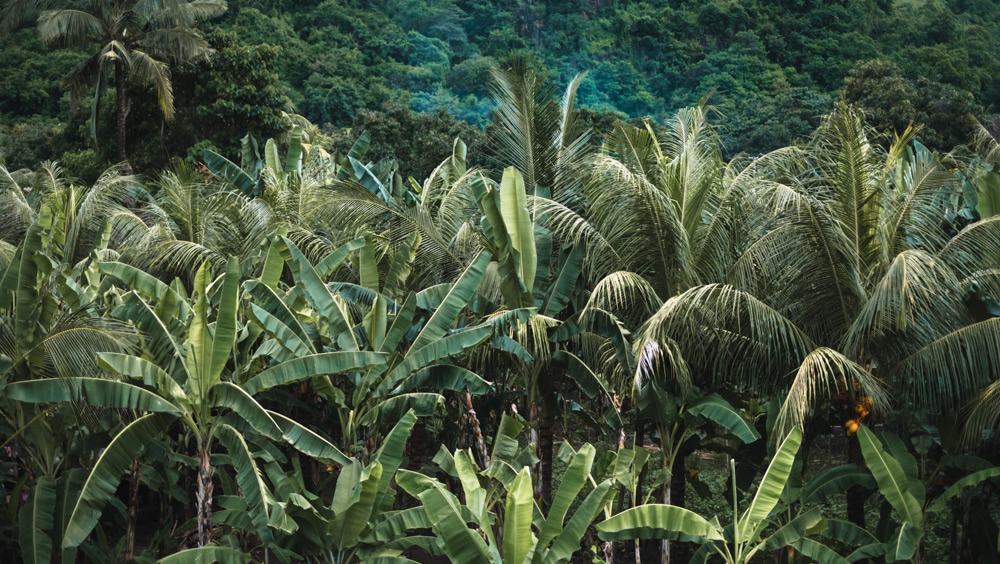
Deep beneath the jungle canopy lies and inland sea of disgarded plastic bags and bottles that will eventually make their way to the sea.
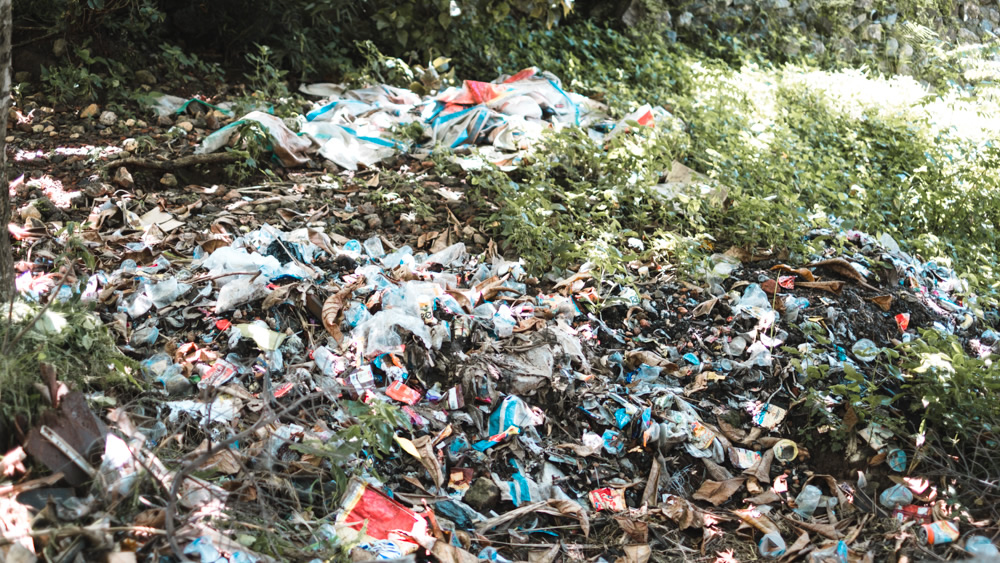
80% of the plastic waste in the ocean is gnerated on land.
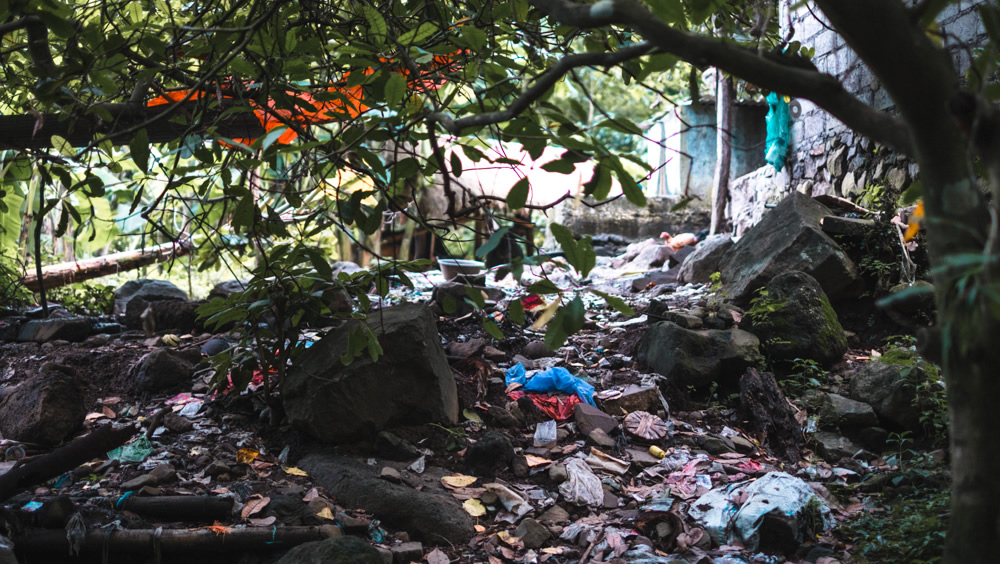
Plastic bags, hundreds of them, litter the ground in small, remote mountain villages. They all eventually make their way to the sea.
While every country has it’s own struggle with plastic waste, there is a concentrated effort on cleaning up Bali right now. As one of my favourite places in the world, I can’t tell you how much this pleases me. Having travelled extensively through Indonesia (Bali, Gili Islands, Lombok, Java, Sumatra and Kalimantan) I can tell you that Bali has a serious problem with plastic pollution, pouring into the ocean and destroying the environment far and wide.
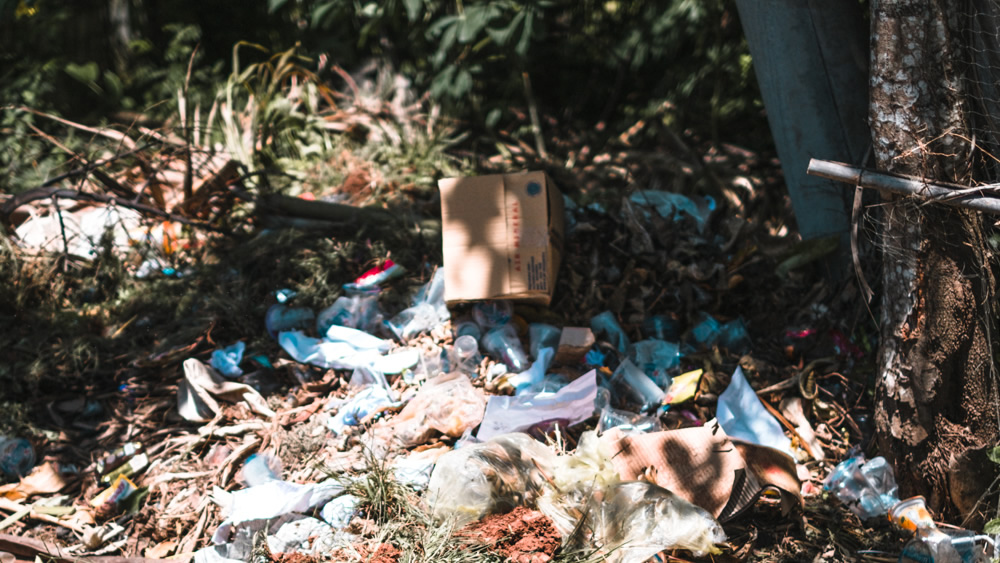
A pile of little plastic water cups like the one's you get on an airplane. This rubbish isn't tourist driven. It's way up in high in a little mountain village. In their defence, there is no rubbish collection point.
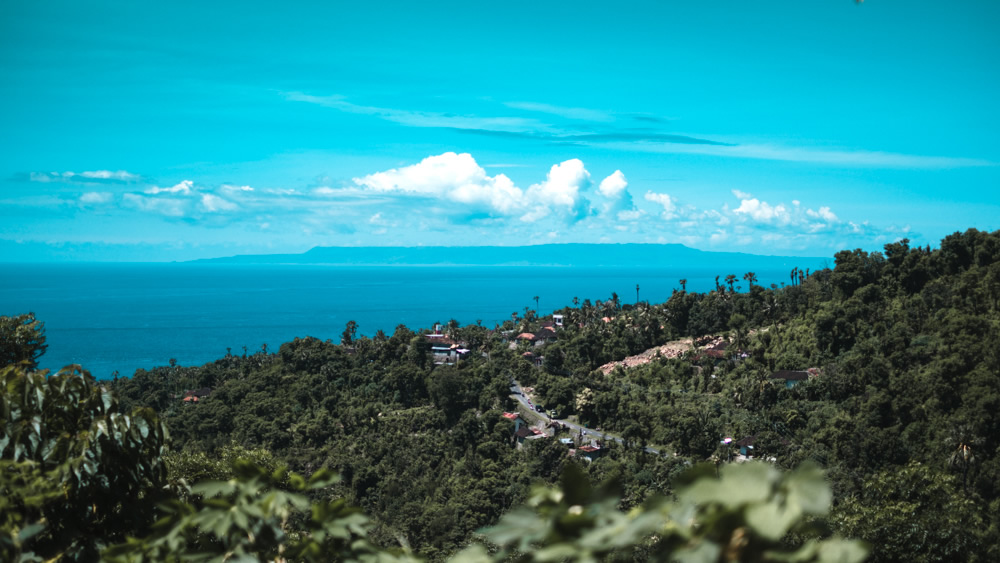
Out of sight, out of mind. The rubbish starts high up in the mountains, far from the sea.
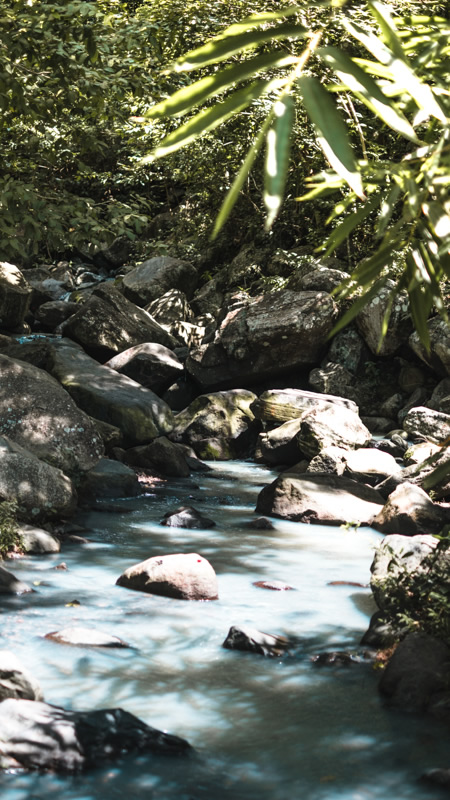
Not plastic, but this mountain stream, miles from the ocean, is running milky white with phosphates from villagers washing upstream. Phosphates make that make their way to the ocean will kill hard and soft coral and promote the growth of unsighltly algae.
Now, if you speak to locals and expats ‘in the know’ you will get a lecture about how the 3.4 million international tourists to Bali each year are to blame. I’ve been told by these folks how many little shampoo bottles and tubs of breakfast butter tourists go through, and how the tiny island can’t handle all the waste. However, as someone who spends way too much time underwater, I’m yet to see these empty shampoo bottles or hastily discarded butter containers in the sea. Instead, I’m finding plastic water bottles, plastic bags, chip packets and straws. And they are being dumped by locals, way up in the mountains, far from the ocean.
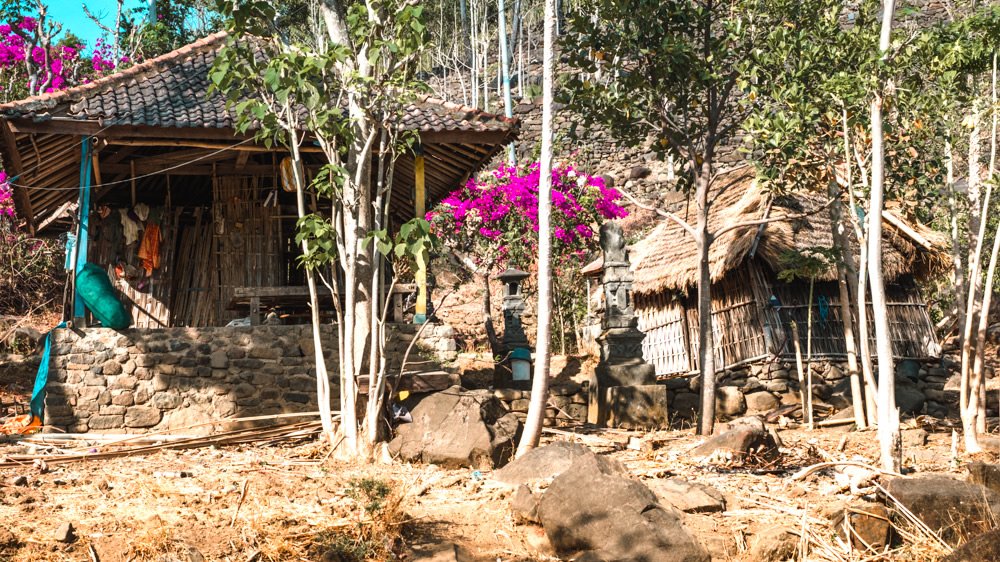
When this is your house and all your effort goes into providing for your family, where the rubbish ends up isn't even a thought.
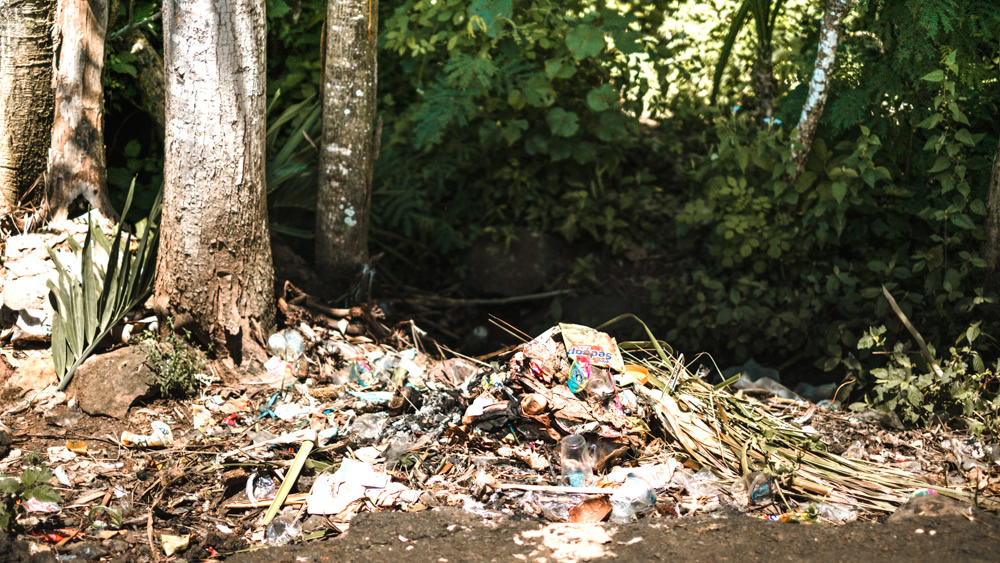 Burning rubbish is a common method (attempt) at disposal. When plastic is burned a cocktail of toxins are released and health risks created - among them increased cancer rates (generally lung, throat, prostate), mutations in the development of the male reproductive system, immune system malfunctions, reproductive/birth defects, kidney disease, and many respiratory illnesses such as bronchitis.
Burning rubbish is a common method (attempt) at disposal. When plastic is burned a cocktail of toxins are released and health risks created - among them increased cancer rates (generally lung, throat, prostate), mutations in the development of the male reproductive system, immune system malfunctions, reproductive/birth defects, kidney disease, and many respiratory illnesses such as bronchitis.
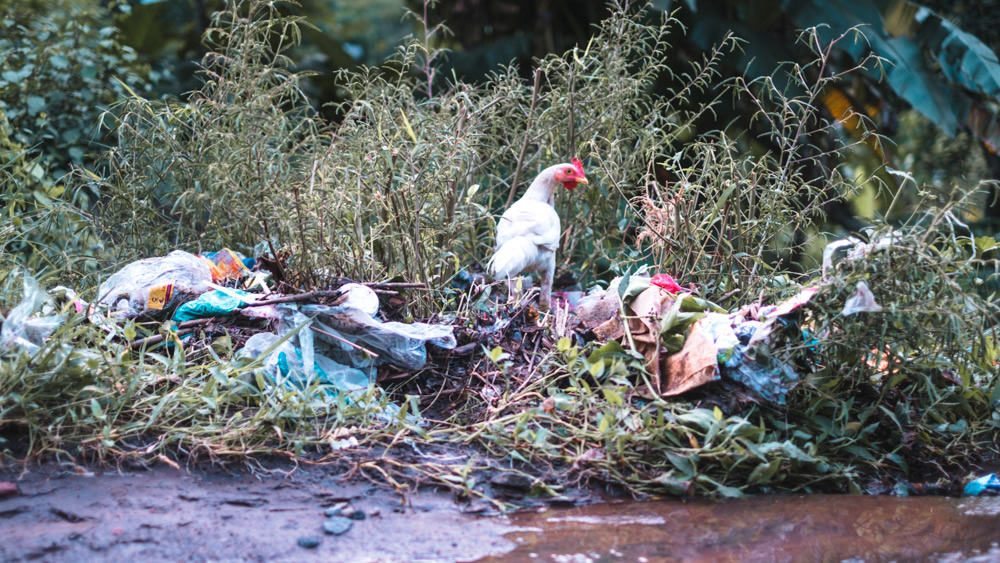
The rubbish might not be out of sight, but it is out of mind. Dogs, chickens and pigs can often be found scratching through the rubbish laying around the village.
The local people aren't entirely to blame. There is a lack of awareness and infrastructure, like garbage bins and transporters on the government's behalf. Much of the rubbish in more established areas ends up in poorly administered, sometimes illegal, landfills or the islands vital river systems, which then release it into the ocean. With only five legal rubbish dumps on the island, only about 25% of its waste is collected through official channels.
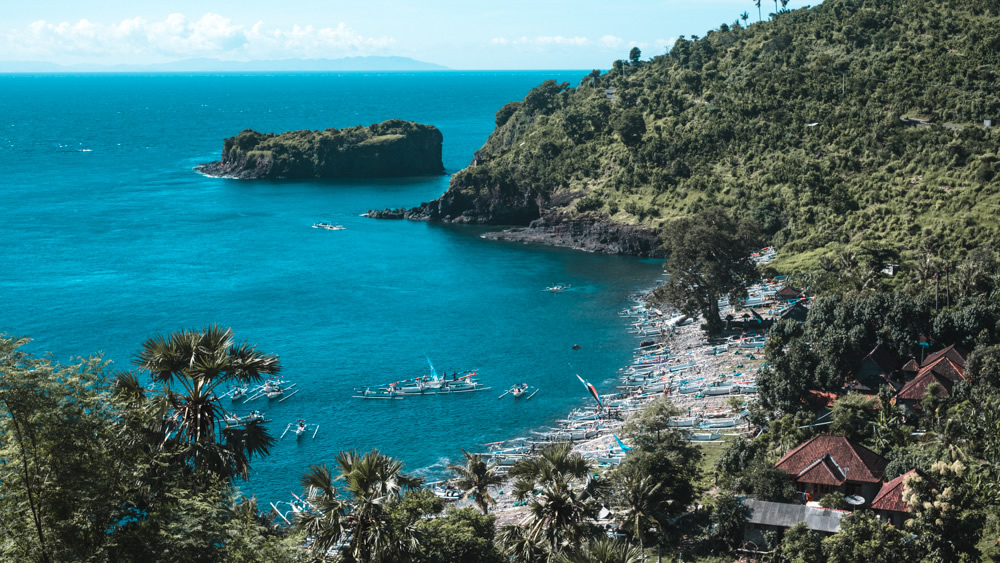
Picture perfect...on the outside.
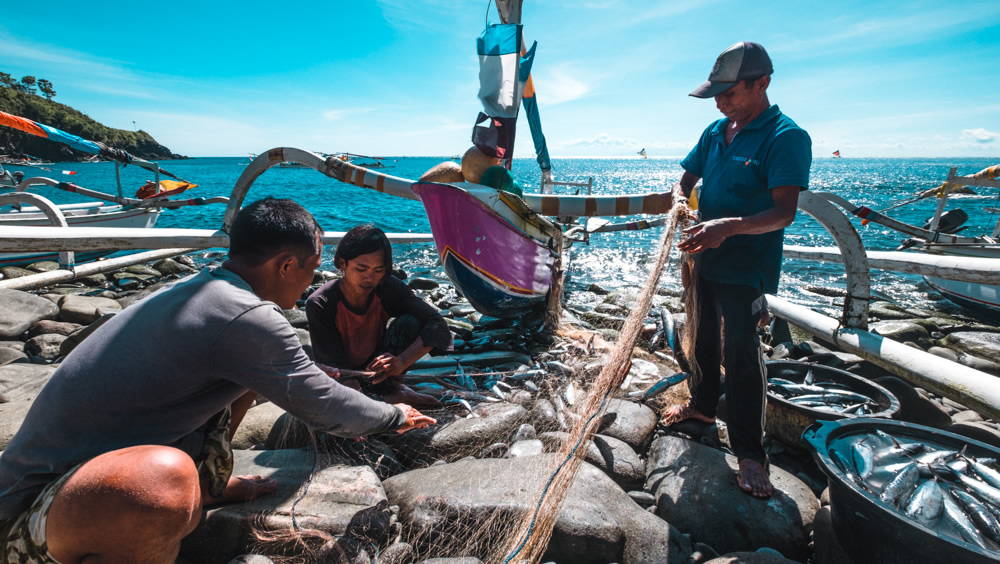
Bali is a tiny island surrounded by water. As such a large portion of the population rely on fishing for a living. Fisherman are now forced to go further and fish for longer than any other time in history in order to get a good catch.
It’s no secret that the planet is drowning in plastic. The United Nations Secretary-General Antonio Guterres, speaking this World Environment Day 2018, reinforced the warning that there would be more plastic than fish in the sea by 2050 if the present trends continue. The ramifications of this are catastrophic on a global scale when you consider that 100 million tonnes of fish are taken from the sea each year to feed an 2.5 billion people!
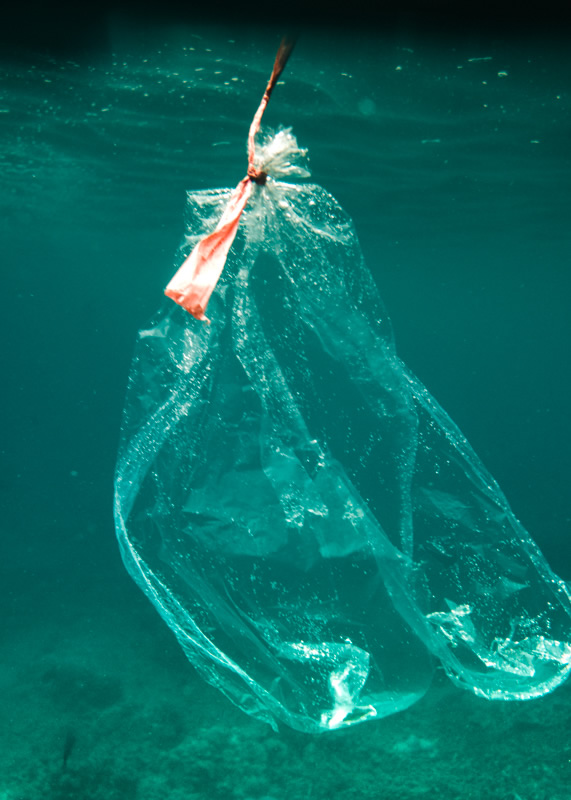
This was most likely filled with soft drink and ice at one time. Now it's as deadly to sea-life as it is to the undersea environment.
A carelessly discarded plastic bag will break down quickly in warm ocean currents and the process releases toxic chemicals that may be digested by fish and end up in the human food chain. Scientists have also found that tiny fragments of plastic sink to the bottom of the ocean, carpeting the sea-bed. The environmental and health impact of this is unknown.
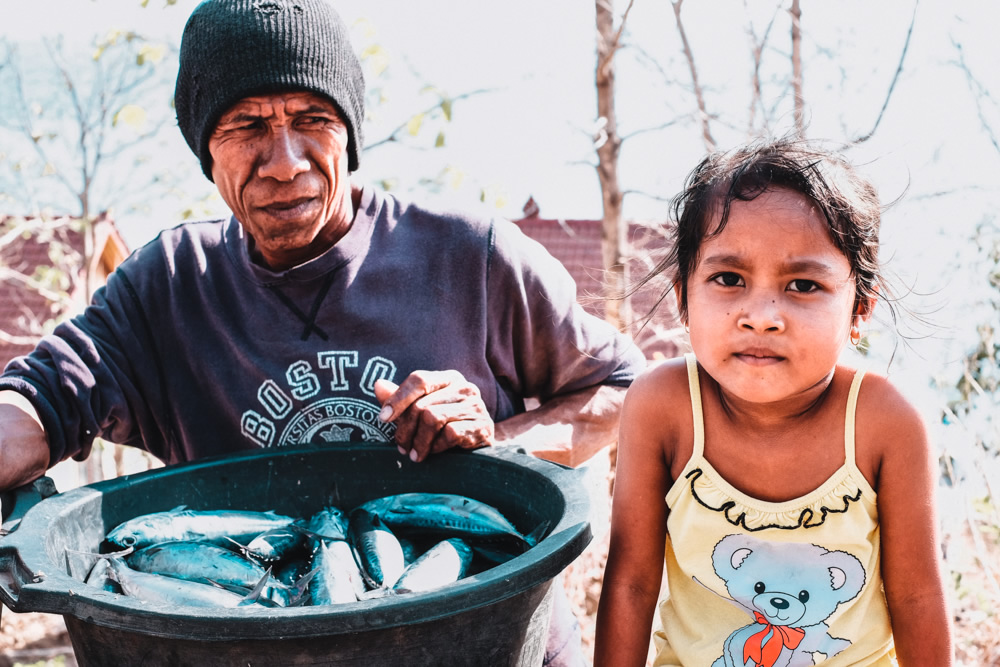
What does the future hold for the next generation in Bali. Hopefully they will grow up with an awareness for the environment.
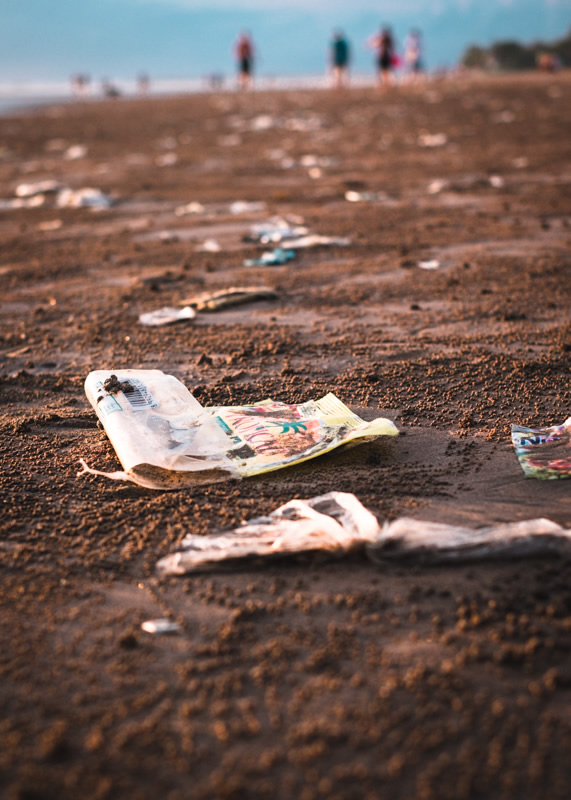
The rubbish on the tourist beaches in Legian, Seminyak and Canguu stretches for miles.
All hope is not lost however. The Indonesian government is acutely aware of the impact marine pollution is having on tourism, especially in Bali. At the World Oceans Summit in March, the government pledged $US1 billion a year to reduce marine waste by 70 per cent by 2025. The race is on...
There is also a place here for private enterprise to contribute. India, for example, has developed ways to convert plastic waste to energy for both industrial and domesitc use. And a company in the UK has developed a way to make low weight, high density building materials from recycled plastic.
Whatever the solution, the time to act is now. Hopefully it's not too late.

Posted By Nathan
Hi there! I'm Nathan Brayshaw, an adventure travel photographer and writer based on Queensland’s Gold Coast in Australia. I've always had a deep love for nature and a yearning to explore the world, which has led me on thrilling expeditions to remote and exotic destinations.
As a photographer, I'm passionate about capturing the raw beauty of our planet, from breathtaking landscapes to awe-inspiring wildlife, and everything in between. My camera is my constant companion as I journey through dense jungles and summit towering peaks, always in search of the perfect shot that tells a story.
In addition to my photography, I'm also passionate about writing, as it allows me to share my experiences and insights with a wider audience. I believe that through my work, I can encourage others to step out of their comfort zones, explore the unknown, and embrace the thrill of adventure.
With my passion for exploration, my camera in hand, and my heart set on discovering the world's wonders, I'm constantly pushing the boundaries of adventure travel photography and writing. Join me on this incredible journey as we uncover the breathtaking beauty and diverse cultures that our planet has to offer.
Updated : 16th May 2025 | Words : 957 | Views : 5145 | Comments : 2
2 Comments
insightful article. Bali has unfortunately become one of the filthiest places on the planet
Posted By Matthew on Tuesday 19th November 2024 @ 14:45:34
Good article to bring awareness. It is not the first time I have read on the enormous amount of trash and plastic around Bali and in the oceans. It is very sad how humanity is destroying the planet. Bali is also considered 1 of the most abusive countries on the treatment on elephants. Until Bali changes their tourism mentality, I have no intention going. I became a travel influencer & photogrpaher not only to show pretty pictures but to bring awareness to make this world a better place. I will share your article :)
Posted By Sonia on Thursday 7th June 2018 @ 23:07:59



